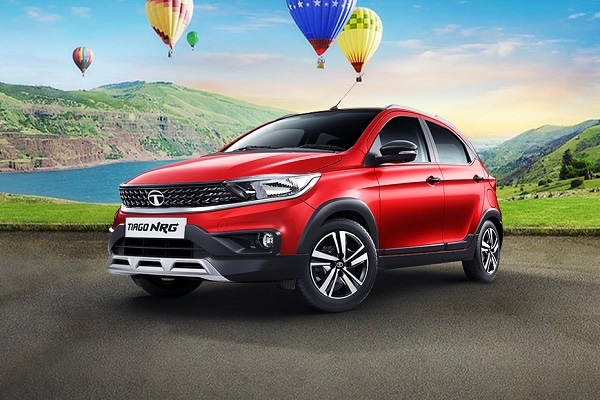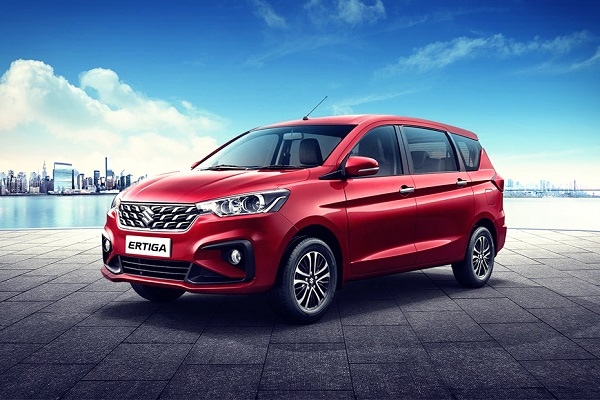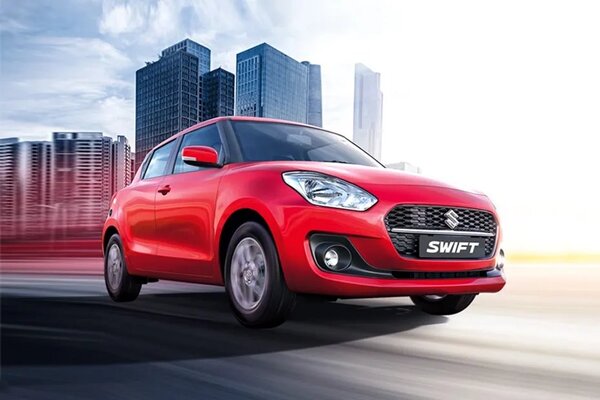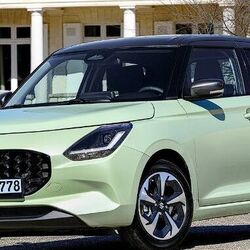CNG cars finding growing footprint in India, boosting morals of OEMs and buyers
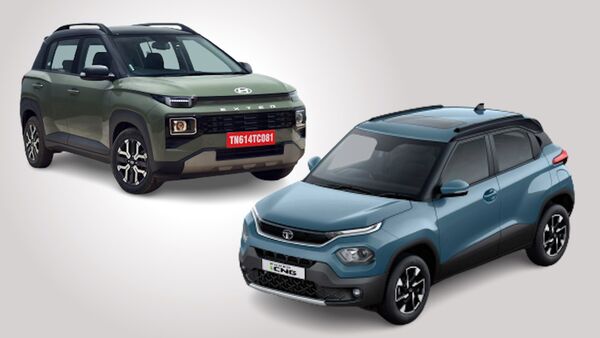

The cost of ownership for car owners in India is rising fast due to various factors like sky-high fuel prices, increasing upfront costs of vehicles, higher servicing charges, taxes, new and stringent emission norms etc. Owing to these, car owners and potential car buyers are seeking relief by choosing new technologies such as electric vehicles, CNG etc, which allow them a lower cost of ownership compared to regular petrol and diesel vehicles.
With rising concerns around vehicular emissions and their environmental impact, Compressed Natural Gas or CNG-propelled cars are finding an increasing footprint across the country. Initially, CNG used to be vehemently used in the commercial vehicle sector. However, starting with the buses and trucks, the cleaner fuel made its way into the taxis and eventually to the private vehicles as well.
Also check these Cars
The popularity of CNG vehicles in India has grown so much that this segment has witnessed remarkable growth. Sales of CNG vehicles have surged by 40.7 per cent in the previous financial year, despite a 49 per cent hike in CNG prices, revealed a report by CARE Ratings. Currently, CNG vehicles command a market share of around 12 per cent in the Indian passenger vehicle market, which is a significant number.
Watch: Tata Altroz iCNG: First Drive Review
What's fuelling the growth of CNG cars in India
The rising number of CNG cars in the Indian market has boosted the confidence of consumers. At the same time, the rising demand has encouraged automakers to bring new models with factory-fitted CNG kits to the market. This is a cycle of growth, creating a win-win situation for the consumers as well as the automakers.
The factors that are fuelling this growth cycle include the significantly lower cost of CNG compared to petrol or diesel, the rising number of CNG filling stations across India and substantially low tailpipe emissions compared to petrol or diesel-powered vehicles. The convenience of driving the vehicle in both petrol and CNG is another factor that has been propelling the growth of CNG car sales in India.
Over the last half a decade, the costs of petrol and diesel have increased significantly. This has pushed many consumers towards CNG cars. The rising number of cars with factory-fitted CNG kits, the quality of the kits and the warranties being offered also helped in the overall growth in this segment.
The initiatives from the central government too have been pushing this growth further. Setting up new CNG filling stations across the country has encouraged consumers to buy CNG cars, which eventually resulted in the automakers bringing new models with factory-fitted CNG kits. The number of CNG filling stations in India has reached almost 6,000 to date from around 1,900 in December 2019, while the government plans to set up 17,700 CNG filling stations across the country by 2030. There has been a clear focus on increasing the contribution of CNG as an energy source to 15 per cent by 2030 which is why the additional stations are planned by the end of this decade.
Puneet Gupta, Director of S&P Global Mobility said that the availability of CNG filling stations and the government's push to adopt gas as a fuel option is helping the rise in sales of CNG cars in India. He also said that CNG is the perfect option for fleet customers considering the high prices of hybrid or electric cars in India. “CNG cars provide a value proposition to customers and also is an intermediate solution as we transition from ICE to BEV age in India," he added.
Avik Chattopadhyay, former head of marketing product planning and PR at Volkswagen India, believes the lower cost of running and therefore the lower cost of ownership is the one reason that's propelling the growth of CNG cars in India. “While the regulators and policymakers are worried about pollution levels from fossil fuels, the personal vehicle owner is worried only about the rise in prices of diesel and petrol, therefore choosing CNG as an option. For the fleet owner or taxi operator, the decision is led by regulation too, along with running costs, therefore choosing CNG," he added.
Ashish Sharma, VP - Automotive, India - Capgemini Invent, believes multiple factors are driving the uptick in CNG car sales. He said that increasing environmental awareness and concerns about air pollution have led to a shift towards cleaner fuels. “Most important is the fact that CNG vehicles are giving better mileage compared to gasoline or diesel, thus reducing their operating costs. And this makes it an attractive option for cost-conscious consumers," he added.
Watch: 2022 Tata Tigor iCNG: First drive review
CNG car fleet in India
Major car manufacturers such as Maruti Suzuki, Hyundai and Tata Motors have launched CNG iterations of their multiple cars in the country. Tata Motors currently sells CNG versions of Tiago, Tigor, Altroz and Punch. Maruti Suzuki has the largest lineup of CNG cars in India. The carmaker sells models like S-Presso, Alto K10, Celerio, WagonR, Brezza, Ertiga, Dzire etc., with CNG options alongside their petrol counterparts. Hyundai sells three cars with CNG options, which are Grand i10 Nios, Aura and Exter. All these three major passenger vehicle manufacturers have spread their CNG offerings across various segments for different sets of buyers, offering the consumers a wider choice.
Tata Motors has witnessed more than 19 per cent of its total sales coming from CNG cars in the second quarter of the current financial year, which ended in September. On the other hand, in the first six months of this fiscal, the homegrown automaker has recorded almost 46 per cent growth in CNG car sales, compared to April-September period of last year.
The CNG cars have been contributing around 10 per cent on average to the total monthly sales of Hyundai. Speaking to HT Auto, Tarun Garg, COO of Hyundai Motor India Limited, said that over the last five years (2018-2022), Hyundai has witnessed a fivefold growth in its CNG car sales in India. It also revealed that CNG variants of the recently launched Hyundai Exter are fetching nearly 18 per cent of the SUV's total bookings.
What's the future of CNG cars?
No wonder CNG car sales have been rising fast like never before. Automakers too are trying to encash this opportunity. However, at some point, it would witness the inflecion point, especially at a time when the electric cars are also experiencing an increasing sales number. For example, the Delhi Government's new electric vehicle (EV) policy aims to push all cab aggregators in the national capital to run 100 per cent electric fleets within five years. And after three years, only EVs will get registration certificates. If Delhi cabs turn EVs, this will come as a blow to the CNG car sales for the automakers.
Echoing similar thoughts, Avik Chattopadhyay said that sudden policy announcements like that of the Delhi Government making all taxi fleets switch to electric do not help the cause of allowing CNG to be established as a sustainable, viable and cleaner alternative to fossil fuels. Puneet Gupta believes that the penetration of CNG cars in the Indian passenger vehicle market will grow to around 17 per cent by 2030 from the current 11 per cent. However, after that, electric and hybrid cars will start eating into the sales of CNG cars.
However, in the short term, the growth will continue. Speaking about this, Hyundai India COO Tarun Garg said that customers in the entry-level segments prefer CNG vehicles on account of lower cost of acquisition as well as lower running costs. “With so many models on offer, the share of CNG cars in the passenger vehicle market will increase and fuel up the rapid expansion of the CNG network in the country," he added.
Speaking on this, Ashish Sharma said that India's CNG and LPG-powered vehicle market is projected to grow at a CAGR of six to eight per cent over the next few years. However, he also said that in future, CNG-powered PV penetration is expected to slow down due to growing competition from alternate fuels. He also said that sales of CNG cars in India are expected to grow from about 10 per cent in 2023 to 18-20 per cent in 2027.







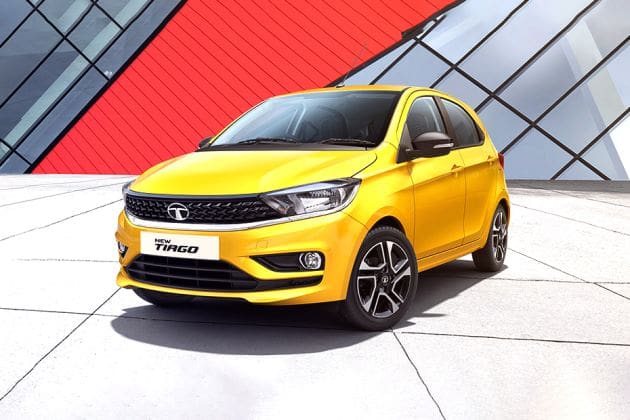
 1199.0 cc
1199.0 cc Multiple
Multiple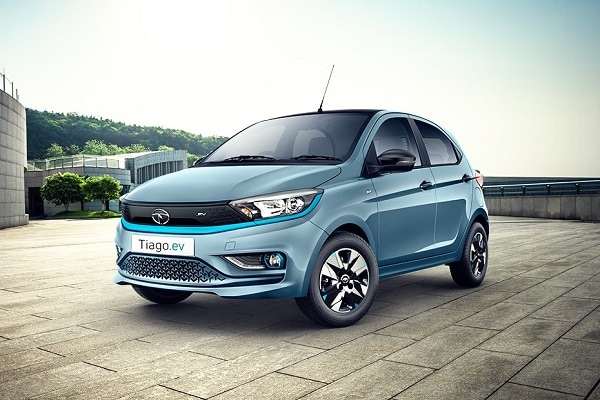
 19.2 to 24 kWh
19.2 to 24 kWh 315 km
315 km